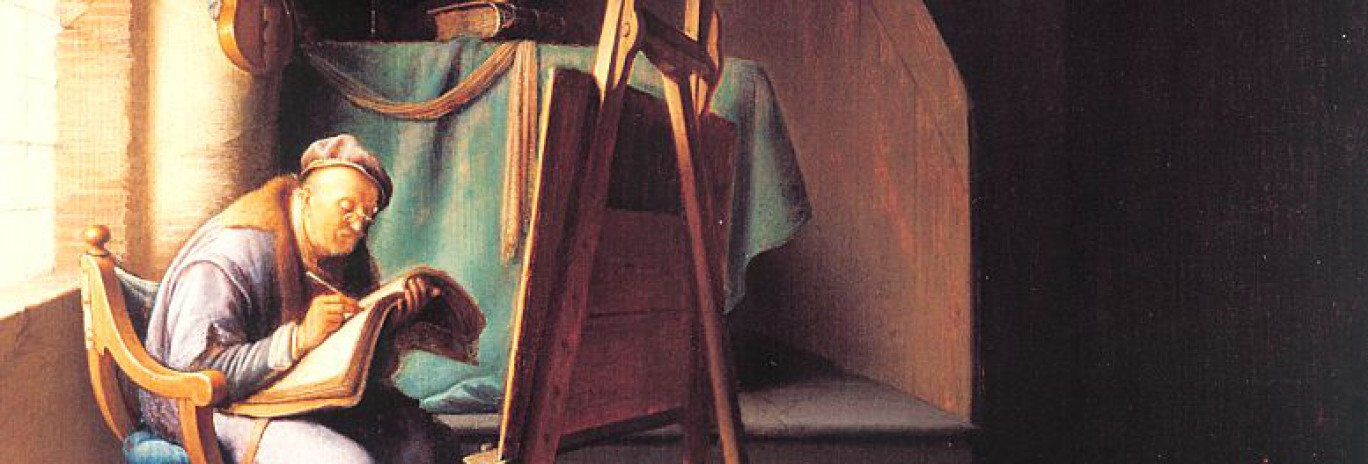Events
Lecture by Sven Dupré at the Deutches Museum, 30 April on ‘Failure and the Imperfections of Artisanal Knowledge in the Early Modern Period’
In the early modern period it was a topos that the apprentice could only learn a craft by making mistakes. “Even if I used a thousand reams of paper to write down all the accidents that have happened to me in learning this art,” the French potter Bernard Palissy famously wrote, “you must be assured that, however good a brain you may have, you will still make a thousand mistakes, which cannot be learned from writings, and even if you had them in writing you wouldn’t believe them until practice has given you a thousand afflictions.” This paper explores artisanal textual practices as strategies to deal with the uncertainty of artisanal processes and the whims of materials. Confronted with the precarious nature of artisanal knowledge, variation had always been the most important strategy of error management. However, following the dissatisfaction with ways of writing down knowledge hiding the imperfection of the process of knowledge production expressed in the work of Francis Bacon and Johannes Kepler, the codification of error emerged as a new strategy. This new conception of the epistemic value of failure and error is reflected in artisanal texts.


